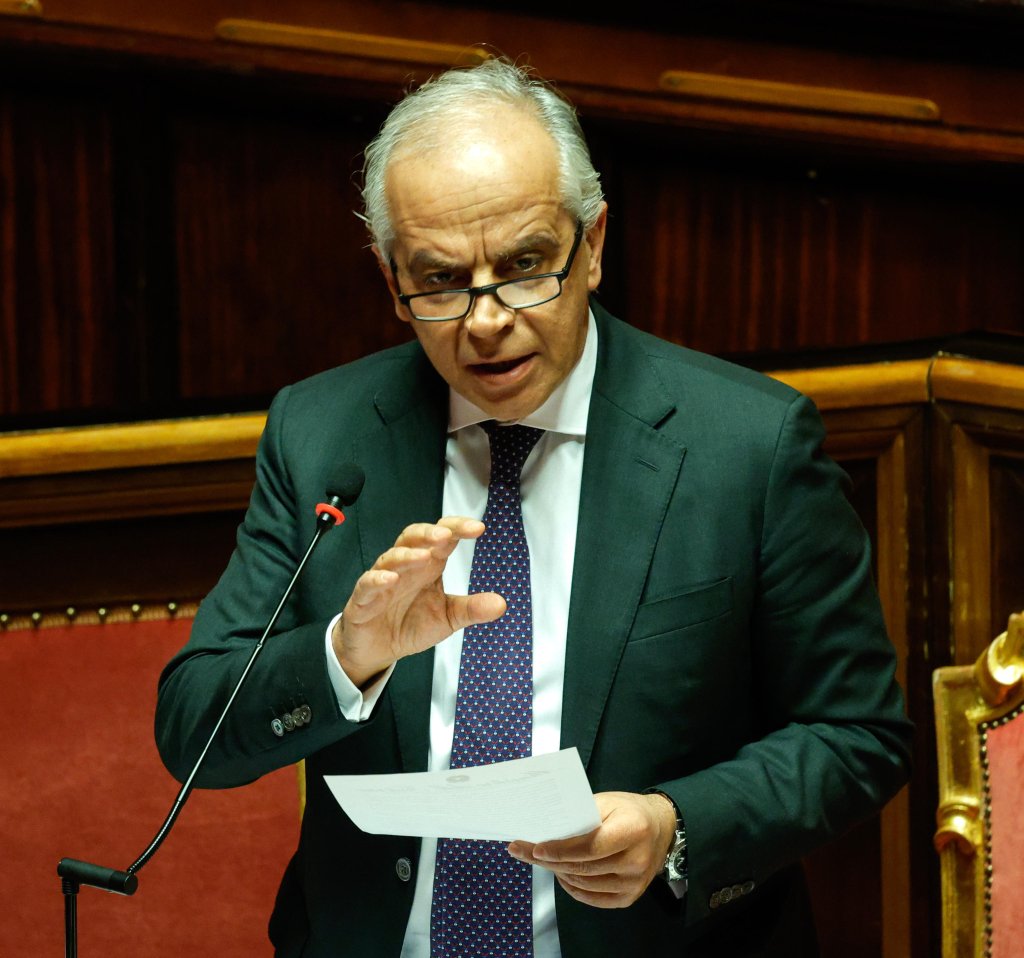Italian Interior Minister Matteo Piantedosi has reaffirmed the government’s commitment to managing migration through international cooperation, particularly with Libya. Speaking at the Senate on February 27, Piantedosi highlighted Italy’s ongoing efforts to prevent dangerous sea crossings while maintaining search and rescue operations in line with international law.
The minister emphasized that Italy is working closely with Libya to curb irregular migration and protect human lives. He noted that he had recently met with his Libyan counterpart to reinforce cooperation initiatives. These efforts include preventing migrant departures, strengthening humanitarian corridors, and facilitating assisted voluntary repatriations in collaboration with organizations such as the International Organization for Migration (IOM) and the United Nations High Commissioner for Refugees (UNHCR).
Piantedosi also addressed concerns over a rescue operation by the Geo Barents ship on November 18, which took place in an area under Libyan jurisdiction for search and rescue. He clarified that the intervention was not coordinated with the Italian Coast Guard but added that Italy still assigned Reggio Calabria as the port of arrival. His remarks followed criticism of Italy’s migration policies, which some humanitarian organizations have opposed.
Citing a ruling by the Court in Crotone on February 13, Piantedosi stressed that the Libyan Coast Guard is recognized as the primary authority responsible for managing migration in its designated search and rescue zone. He also referenced a February 25 decision by the Council of State, which upheld the Ministry of Interior’s authority to assign ports of arrival for migrant rescue ships.
Piantedosi argued that these judicial rulings support the Italian government’s approach to migration, countering accusations of mismanagement or wrongdoing. He further defended Italy’s policy of assigning arrival ports based on the availability of shelter facilities. The process, he explained, involves distinguishing between economic migrants and asylum seekers, ensuring they are directed to appropriate facilities across the country.
The Italian government has taken a firm stance on migration, introducing stricter policies aimed at controlling irregular arrivals. Piantedosi maintained that Italy’s approach is both legally sound and necessary for maintaining order while ensuring proper humanitarian assistance. As migration remains a key issue in Italian politics, the government continues to defend its policies against criticism from rights groups and humanitarian organizations.

